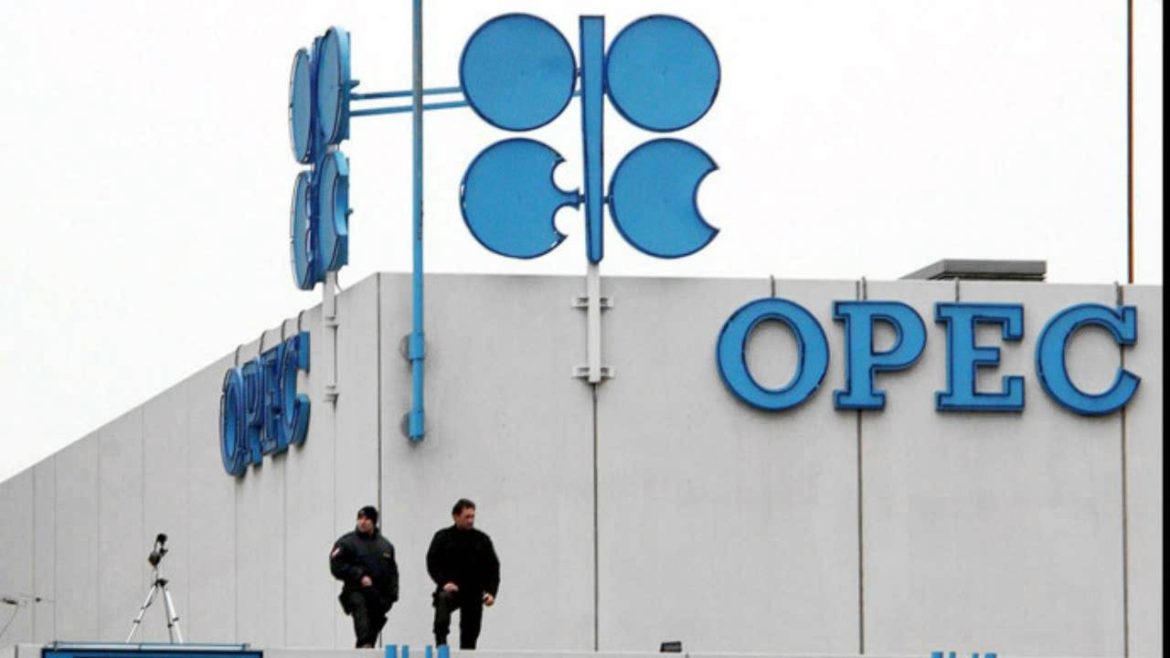Charles Abuede
Economic analysts in Nigeria have asserted that the recent gross domestic product (GDP) data released by the National Bureau of Statistics (NBS) Nigeria, are in line with global expectations as seen in similar trends recently in countries like UK and Japan.
Nigeria’s economy recorded a 6.1 per cent contraction in its real GDP during the second quarter of 2020 for the first time since the third quarter of 2017, as a result of the coronavirus induced anomalies which crippled economic activities in Africa’s largest economy.
Uche Uwaleke, a professor of capital markets at the Nasarawa State University, in a note to Business A.M. said that the contraction in the nation’s real GDP was
expected by several analysts who foresaw the underlying impacts occasioned by the COVID-19 pandemic in line with several economic realities which the nation’s economy is currently experiencing, as well as the disruptions in the supply chain.
Uwaleke told Business A.M.: “I am also not surprised about the huge size of the contraction put at 6.10 per cent. As a matter of fact, because it is based on year-on-year, when one considers the 2.12 per cent positive real GDP growth this same period last year, the decline in GDP comes to as high as 8.22 per cent.
“It is easy to see why this happened. The negative impact of COVID-19 on health which resulted in lockdowns and supply chain disruptions, the collapse in crude oil price and reduction in output in compliance with OPEC + agreement, the illiquidity in the forex market and the lingering insecurity in the country which affected agriculture output are to blame,” he asserted.
The agricultural sector grew 1.58 per cent despite the pandemic
Despite this contraction that saw the aggregate GDP in the second quarter come in at N15.89 trillion in real terms
from N16.74 trillion in the previous quarter and N34.02 trillion from N35.65 trillion in nominal terms in Q1’2020, the oil and non-oil sectors placed 8.93 per cent and 91.07 per cent respectively on the GDP table, which indicates that both sectors shrunk by 6.63 per cent and 6.05 per cent respectively during the period under review.
Similarly, output in the non-oil sector was largely driven by Finance and Insurance, Telecommunications, Agriculture, and Public Administration, with Transport and Storage, Accommodation and Food Services, Construction, Education, Real estate and Trade among others, experiencing the highest negative growth during the quarter.
Uwaleke, in his position on sectoral performance, said: “This explains why the agriculture sector managed to eke out a growth rate of 1.58 per cent, and manufacturing, trade and so many other sectors recorded negative growth. The lockdown and movement restrictions really affected the accommodation and food services sector which declined by as much as 40 per cent.”
Negative growth predicted for Q3 2020
In a further disclosure, the capital market professor said
negative growth is predicted for the third quarter of 2020, though, with an expected uptick in the economy as well as crude oil price.
“I think this is going to be the worst this year. Negative real GDP growth is also most likely to be recorded in Q3 2020 but the size will be smaller as the economy gets restarted and crude oil price gradually picks up. To ensure that the impacts of these economic headwinds are moderated, it is important to increase the size of the various interventions by the government and the CBN and ensure they are well-targeted and implemented.”
Meanwhile, Bismarck Rewane, the chief executive officer at Financial Derivatives Company, while commenting on the NBS data in a television interview, in consonance with Uwaleke’s view, said ‘the end of September will bring about negative growth in the economy but not so hard as experienced during the second quarter.”








